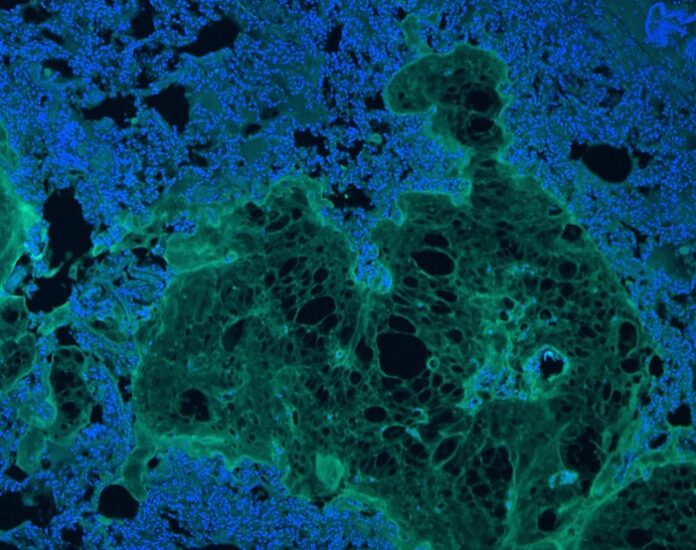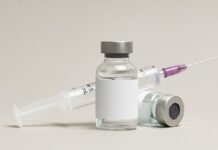

Researchers from the University of California, Los Angeles (UCLA) and UC San Diego have developed an innovative injectable hydrogel designed to rapidly stop bleeding and seal wounds in soft, elastic organs like the lungs, heart, and blood vessels. The hydrogel, composed of methacryloyl-modified human recombinant tropoelastin (MeTro) and Laponite silicate nanoplatelets (SNs), significantly improves tissue adhesion and hemostatic performance in dynamic environments.
Addressing a Longstanding Surgical Challenge
Repairing soft tissues is notoriously difficult due to their constant motion. Traditional closure methods—such as sutures and staples—often fail to keep up with the stretching and contracting of organs, increasing the risk of blood loss. Existing sealants like fibrin-based glues and cyanoacrylates offer partial solutions but come with limitations such as stiffness, poor elasticity, or cytotoxicity.
Enhanced Performance in Preclinical Testing
In a study published in Science Translational Medicine, researchers tested the MeTro/SN hydrogel in rat and pig models simulating lung and arterial injuries. Adhesion strength on pig lung tissue reached 23 kPa with MeTro/SN, nearly double that of MeTro alone. In heart burst-pressure tests, the hydrogel withstood 47 kPa, compared to 41 kPa for MeTro alone.
Faster Clotting, Less Blood Loss
As reported by medicalxpress, the MeTro/SN hydrogel also demonstrated superior hemostatic efficiency. In clotting assays using human blood, the hydrogel reduced clotting time to 12 minutes, compared to 15 minutes for untreated samples. In a rat tail amputation model, MeTro/SN reduced blood loss by 91% compared to MeTro and by 99% versus untreated controls.
Safe and Biocompatible
Importantly, biocompatibility assessments revealed minimal immune response. Histological analysis showed no fibrosis or lymphocyte infiltration at 7 and 28 days post-implantation. In a pig lung injury model, the sealant maintained its integrity for 14 days without tissue damage or detachment under physiological pressure.
Promising Future for Emergency and Surgical Use
By integrating Laponite SNs, researchers achieved a injectable hydrogel that not only seals wounds effectively but also supports rapid clotting without triggering inflammation. Its performance in dynamic, high-pressure environments highlights its potential for clinical use in trauma and cardiovascular surgeries where conventional methods often fall short.























